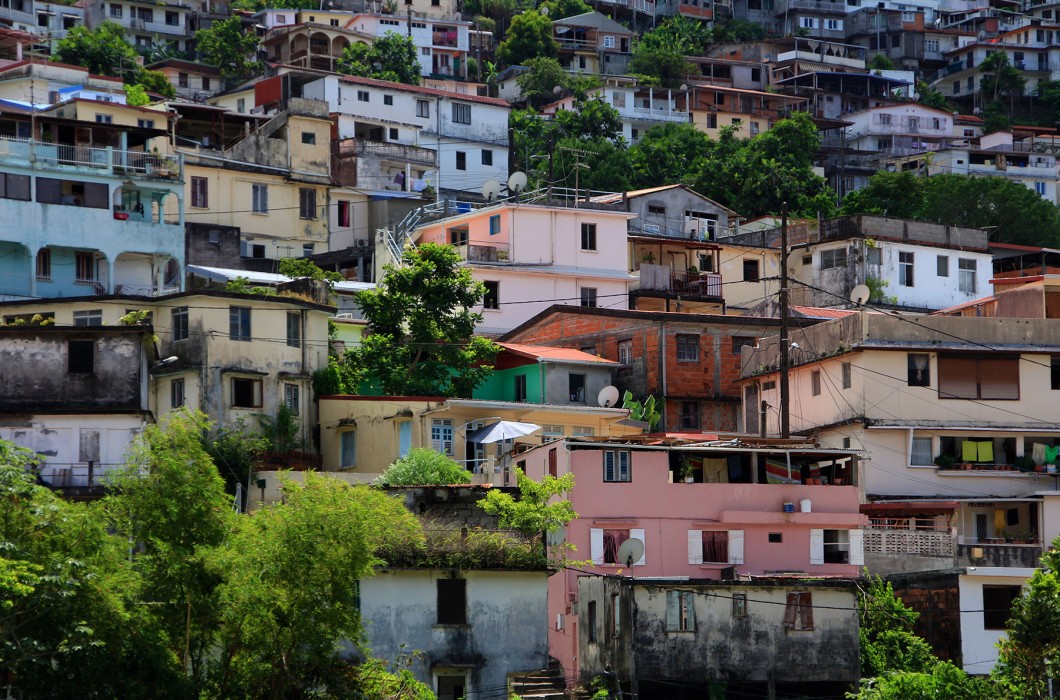Client
The World Bank
projeCt Description
The Institutional Development Plan (IDP) of Empresa Nicaragüense de Acueductos y Alcantarillados (ENACAL) for 2013-2017 underscores the utility’s reforms’ importance for achieving its goal of operational self-sufficiency and for addressing other technical, economic, social, and environmental and sustainability concerns. Actually, the IDP stresses the importance of properly maintaining water networks and improving energy efficiency (EE) in potable water systems so that ENACAL can achieve financial stability, which will contribute to its sustainability, thus ensuring the provision of quality services to the population.
Since energy is the biggest cost item in ENACAL’s water distribution (accounting for 42.3 percent of its operating costs of all its facilities in the country in 2011), designing and implementing energy rationalization and energy-saving initiatives will help reduce the costs associated with operating ENACAL’s systems in order to improve the services provided.
The purpose of the assignment is to help ENACAL develop a Master Plan aimed at improving its operational efficiency, as reflected by its Non-Revenue Water (NRW) and EE indicators, by undertaking cost-effective initiatives, thereby contributing to the company’s sustainability. This Master Plan will identify the strategic priorities in terms of actions, funding, goals, and outcomes needed to achieve the objective of enhancing ENACAL’s efficiency in accordance with the IDP, based on a series of short-, medium-, and long-term visions. The Master Plan will cover the technical, operational, institutional, management, recruitment, and financial aspects related to the activities designed to improve operational efficiency, with the primary focus placed on NRW and EE. The Master Plan covers Managua in the first stage, with the possibility of being expanded to cover the entire country. However, all of ENACAL’s institutional aspects related to the topic will be covered.
Highlights
In order to develop the Master Plan for ENACAL, the following tasks were carried out:
- Reviewing the studies and previous activities
- Reviewing the effectiveness of the planning process and studies related to NRW and EE recently carried out;
- Evaluating the activities conducted to date, and examining the methodologies, implementation periods, personnel involved, and subcontractors;
- Determining the annual costs incurred by ENACAL’s activities to date to reduce NRW and improve EE;
- Estimating and determining the annual savings in water and energy and the reduction in direct and indirect costs achieved to date as a result of NRW reduction and EE improvement activities undertaken by ENACAL; and
- Performing an analysis of NRW and EE management by looking at ENACAL’s organizational structure, material and human resources, activities, work methodology, and the capacity and skills of ENACAL’s personnel to conduct NRW and EE activities.
- Reviewing the current status of NRW and EE and establishing the baseline
- Preparing a baseline summary report on the energy supply and electrical facilities as well as the current status of technical and non-technical water losses.
- Developing the Master Plan consisting of the following major topics:
- Technical and operational strategies for NRW reduction and EE improvement, involving: (1) actions to reduce power demand and energy consumption; and (2) measures to manage energy cost volatility and improve electricity supply reliability
- Activities with the greatest impact on NRW reduction and EE improvement
- A detailed annual program for implementing the proposed activities
- Guide for implementing the Master Plan
- Human resources management
- Performance management
- Financial management planning
- Technical and operational strategies for NRW reduction and EE improvement, involving: (1) actions to reduce power demand and energy consumption; and (2) measures to manage energy cost volatility and improve electricity supply reliability
- Developing and delivering training and knowledge transfer workshops
- Hands-on training for ENACAL personnel in preparing the Master Plan, including data collection and analysis, site inspection and evaluation of various EE and NRW reduction measures.
- Seminars on specific topics
The Master Plan identified specific core actions to be carried out by the Planning Department (Dirección de Planificación) in Managua to facilitate the supervision and monitoring of the plan’s implementation with regards to its tasks, goals, and objectives. Once its draft finalized, the Master Plan will serve as a support tool for the Non-Revenue Water Department (DANF), the EE Management Office (Oficina Técnica de Energía), and the Commercial Management Office of ENACAL, and will be used to secure financing resources required for its implementation.



